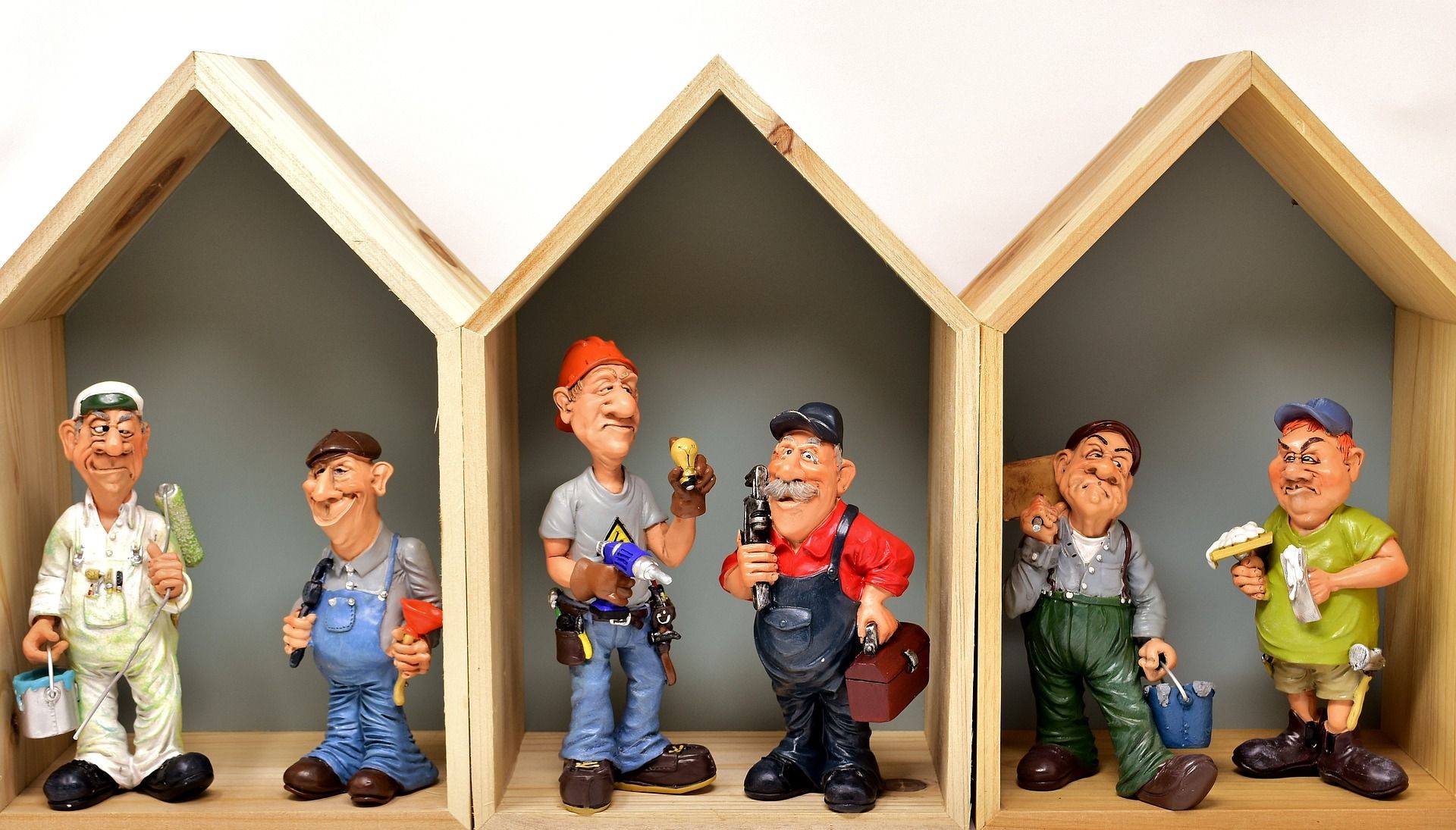Comparative Advantage
One person can be more productive than another in every way, and yet, by trading freely with each other, both sides can come out ahead.

If this is the first time you're learning about comparative advantage, prepare to have your mind blown.
Comparative advantage is the concept that one person can be more productive than another in every way, and yet, by trading freely with each other, both sides can come out ahead.
How is this possible? I'm glad you asked.
Santa's Little Helpers
We all know Santa’s elves are the most efficient toy makers in the world. Pinnocchio's father Geppetto is a master woodcarver, but he can't hold a chisel to one of Santa's elves. In a single day:
- An elf can produce 10 wooden dolls OR 8 wooden trains
- Geppetto can produce 5 wooden dolls OR 1 wooden train
Let’s assume for this exercise that each doll or train provides $10-worth of value to the average child.
Notice a few things about this hypothetical:
- The elf is better at producing dolls than Geppetto
- The elf is also better at producing trains than Geppetto
- The elf is better at producing dolls than trains
- Geppetto is also better at producing dolls than trains
- The elf is 25% better at producing dolls than trains
- But, Geppetto is 500% better at producing dolls than trains
Note that the elf is better than Geppetto at producing both kinds of toys. The elf and Geppetto are also both better at producing dolls than trains. However, Geppetto is far better at producing dolls than he is at producing trains.
This gives Geppetto a comparative advantage over the elf when it comes to producing dolls versus producing trains.
No Free Trade
Santa comes to his top elf with a problem. He needs 30 dolls and 18 trains in only five days. Even working at top speed, the best the elf can do is 30 dolls and 16 trains.
Meanwhile, Geppetto just got a big toy order in. He has five days to come up with 10 dolls and 6 trains. Geppetto can't even fulfill the train portion of the order if that's all he does for the five days.
Working on their own, neither the elf nor Geppetto can meet demand.
Free Trade to the Rescue
The elf and Geppetto realize they can't solve their problems on their own. In total, they need to produce 40 dolls and 24 trains.
Geppetto decides to concentrate on his specialty: making dolls. In five days, he produces 25 dolls. The elf spends the first three days creating 24 trains (8 per day). In the last two days, he creates 20 dolls (10 per day).
Geppetto gives the elf 10 dolls in exchange for 6 trains.
Through free trade, Geppetto ends up with 15 dolls and 6 trains. He fills his order with 5 dolls to spare.
The elf ends up with 30 dolls and 18 trains. He gets Santa what he needs, something he never could have done on his own.
Lessons Learned
Do What You Do (Relatively) Best
If you are exceptionally good at something for which people will pay you money, you should focus on that rather than trying to get marginally better at other things. I am exceptionally good at writing Access applications. I am OK at writing web applications.
I no longer write web applications.
Value is Subjective
At the top of the article, I stated that dolls and trains had roughly the same value to the average child. But the elf and Geppetto did not place the same value on those toys. Since it was a lot more difficult for Geppetto to produce toy trains than to produce dolls, the trains were more valuable to Geppetto than to the elf. That's why Geppetto was willing to trade away "$100-worth" of dolls in exchange for "$60-worth" of trains.
If value were objective, Geppetto never would have made such a trade.
Self Interest Aligns With Collective Interest
The reason capitalism has done more to raise people out of poverty than any other economic system is because it manages to (by and large) create a framework where participants acting in their own self interest end up also contributing to the collective interest. Both Geppetto and the elf acted in their own self-interests when they joined forces through free trade. By doing that, though, they generated more total value than when they acted in isolation.
This is the miracle of how free trade creates wealth.
Image by Here and now, unfortunately, ends my journey on Pixabay from Pixabay
